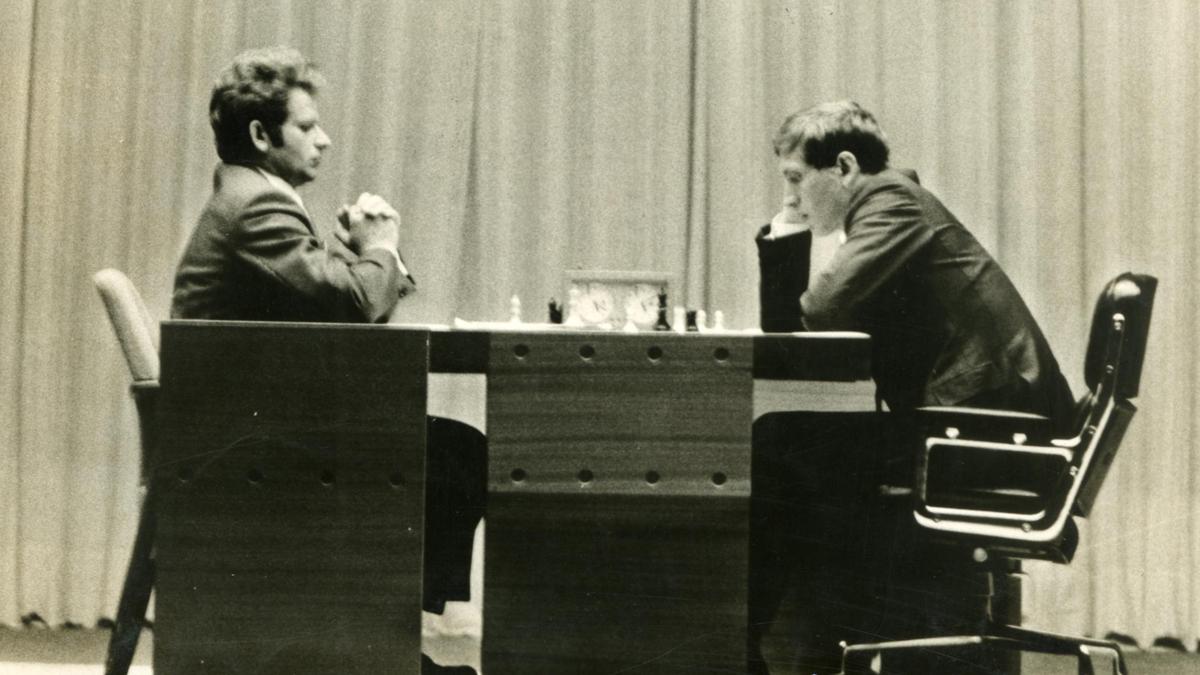
Why the World chess championship is one of sport’s greatest events
The Hindu
Reykjavik 1975 World Chess Championship match between Spassky and Fischer changed chess history forever.
Reykjavik caught the world’s attention in 1975. Iceland’s capital was the venue of the World chess championship match between Boris Spassky and Bobby Fischer.
In the height of the cold-war, a rebellious American taking on a Soviet Union player, at a time when the erstwhile USSR had a monopoly in producing World champions, was indeed news. And the world had never seen a player like Fischer.
He was a genius, though a troubled one. Fischer’s triumph and the World title match was a turning point for chess, which became a global sport from what was largely the Soviet Union’s favourite pastime.
Until Fischer came along, the World champions from 1948 until 1975 all spoke Russian. After Fischer, who chose not to defend his title and had to grapple with mental issues, the World championship returned to the Soviet Union, through Anatoly Karpov and then Garry Kasparov, until Viswananthan Anand brought it to India, where chess originated, in 2000.
The FIDE knock-out World championship, held in New Delhi and Tehran, may not have been an undisputed World championship, but nobody dared to call Anand a FIDE World champion, though that had been how some others, such as Alexander Khalifman and Rulson Ponomariamov, were usually referred to. Anand went on to be the undisputed World champion from 2007 till 2013.
Magnus Carlsen ended Anand’s reign, and he was the World champion until he decided not to defend his crown against Ian Nepomniachtchi and his place in the title match went to Ding Liren, who emerged as the champion last year.
Carlsen remains the World No. 1, and he is the planet’s best player across formats. Ding is ranked No. 23 in the world and Gukesh No. 5.











